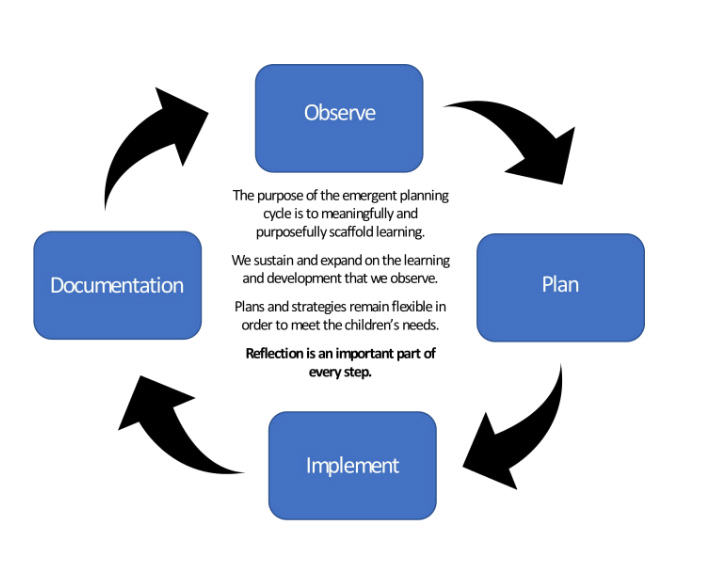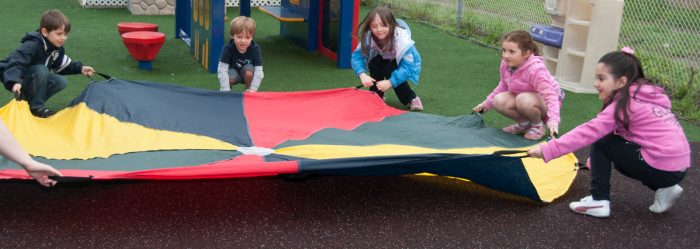
Programs
Development and curriculum




Programs are evaluated regularly and reflect changes in the Child Care and Early Learning Act and the ideologies in Early Childhood Education. Frequent staff meetings provide time to review program content and weekly team meetings allow the educators to reflect on their programs in their rooms. A wide range of Professional development opportunities are offered to staff throughout the year.
At P.R.Y.D.E. we document the children’s learning in a variety of different ways. It will look different for every individual, every room, and every centre. It is how we provoke self-reflection in ourselves as educators as well as in the children as they look back at their experiences. It also acts as an advocate for the hard work that our educators do every day. One of the many ways that the educators’ document is through learning stories. The story is based on a rich, meaningful experience that may have taken place within a day or over a period of time. The story captures the special moments in the activity that make it rich and describes the feelings and development taking place. The analysis of the story describes what skills were being developed or mastered throughout the activity. The story accompanies one or more pictures of the child in the story.
At P.R.Y.D.E. we relate our documentation to the ELECT document. It is our process of documenting and recording each child’s growth and development. This piece can set the stage for future activities and goals for the child.
We use the information we have gathered, to extend and provide more meaningful activities that will interest this child. Each story is read to the child, copied to the parent for their comments and kept in a file for each child as part of our approach to assessing each child’s development.

At P.R.Y.D.E. Learning Centres, we believe that children are naturally curious and learn through their unique interests. Teachers work together to observe, guide, support and document children’s play to provide children with a program that is suited to their interests and developmental needs.
Through the emergent curriculum, children are engaged in activities that foster literacy, numeracy, communication, social, emotional and physical development.
Our goal is to teach children how to become critical thinkers, problem solvers and provide them with the skills necessary for success in school, while providing quality, nurturing programs.
When fully engaged in a play-based program, children are enthusiastic about learning which helps to build a foundation for life-long learning.
